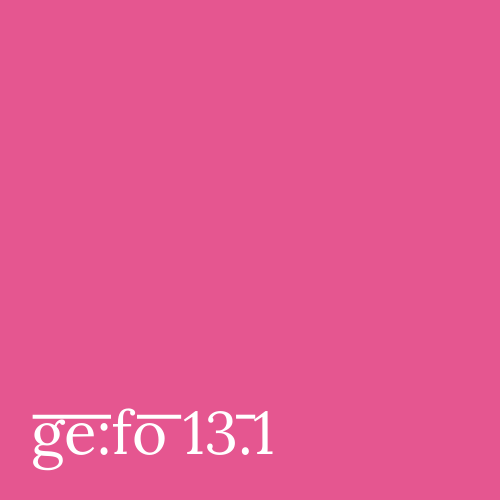Masculinity and Fascism in Three Dystopic American Novels
DOI:
https://doi.org/10.18716/ojs/gefo/2014.2625Keywords:
Philip Roth, Philip K. Dick, Sinclair Lewis, dystopian novels, dystopia, Othering, manhoodAbstract
Many American authors of the 20 century, concerned by their era’s proclivity for idealization and archetypal behavior, published nightmare visions of America under Fascist rule. Three American dystopic novels, Sinclair Lewis’ It Can’t Happen Here, Philip K. Dick’s The Man in the High Castle, and Philip Roth’s The Plot Against America, all examine the ways in which a Fascist regime appropriates the masculine discourse to legitimize its hold over the people and justify repression against marginal groups. Government restriction of the access to masculinity marks those outside the “normal” system as subhuman and encourages violent repression, and constitutes the necessary mindset for mass slaughter. In all of these works, the regime firmly controls both access to and definition of normative male behavior, promotes traditional Victorian concepts of manhood, and alienates and marginalizes “other” men outside this homogeneous concept. These dystopic works illustrate the absolute necessity to construct gender expectations and ideals outside of Victorian criteria. Ultimately, each of the male protagonists finds a way to resist subjugation through alternative forms of masculinity based within a different, less Victorian concept of manhood.



